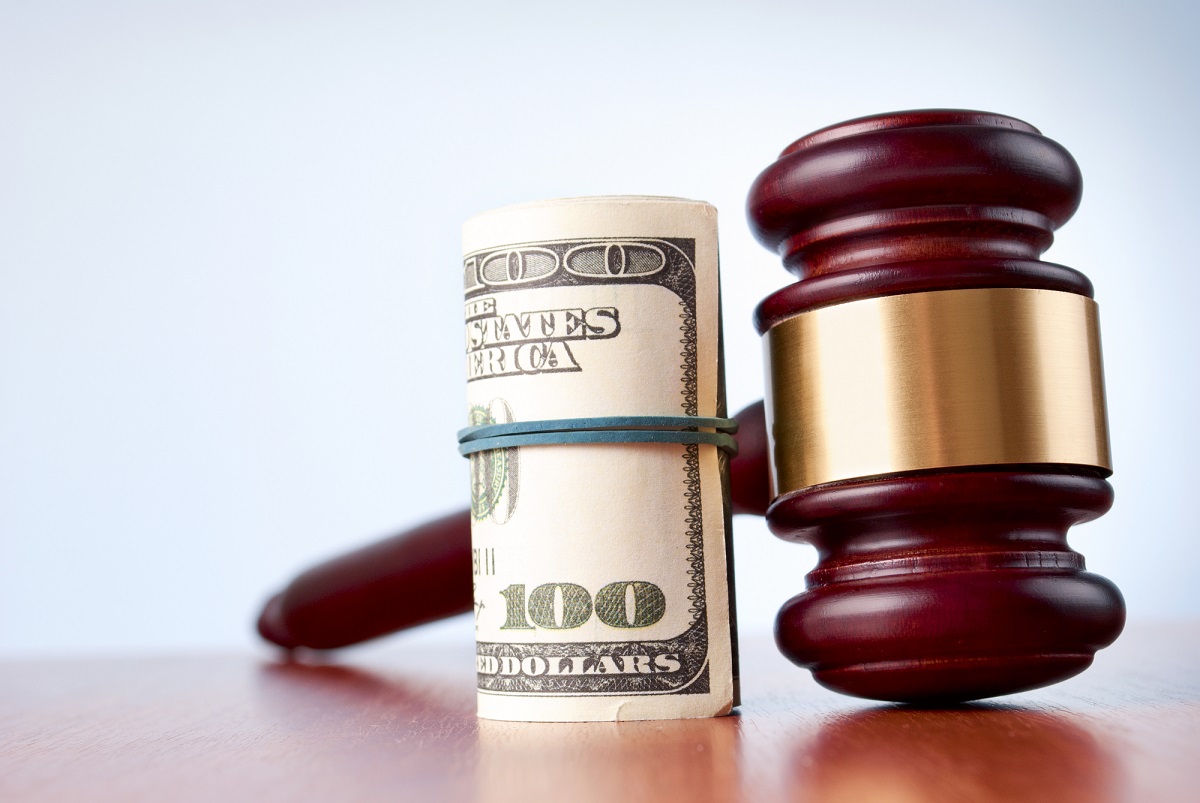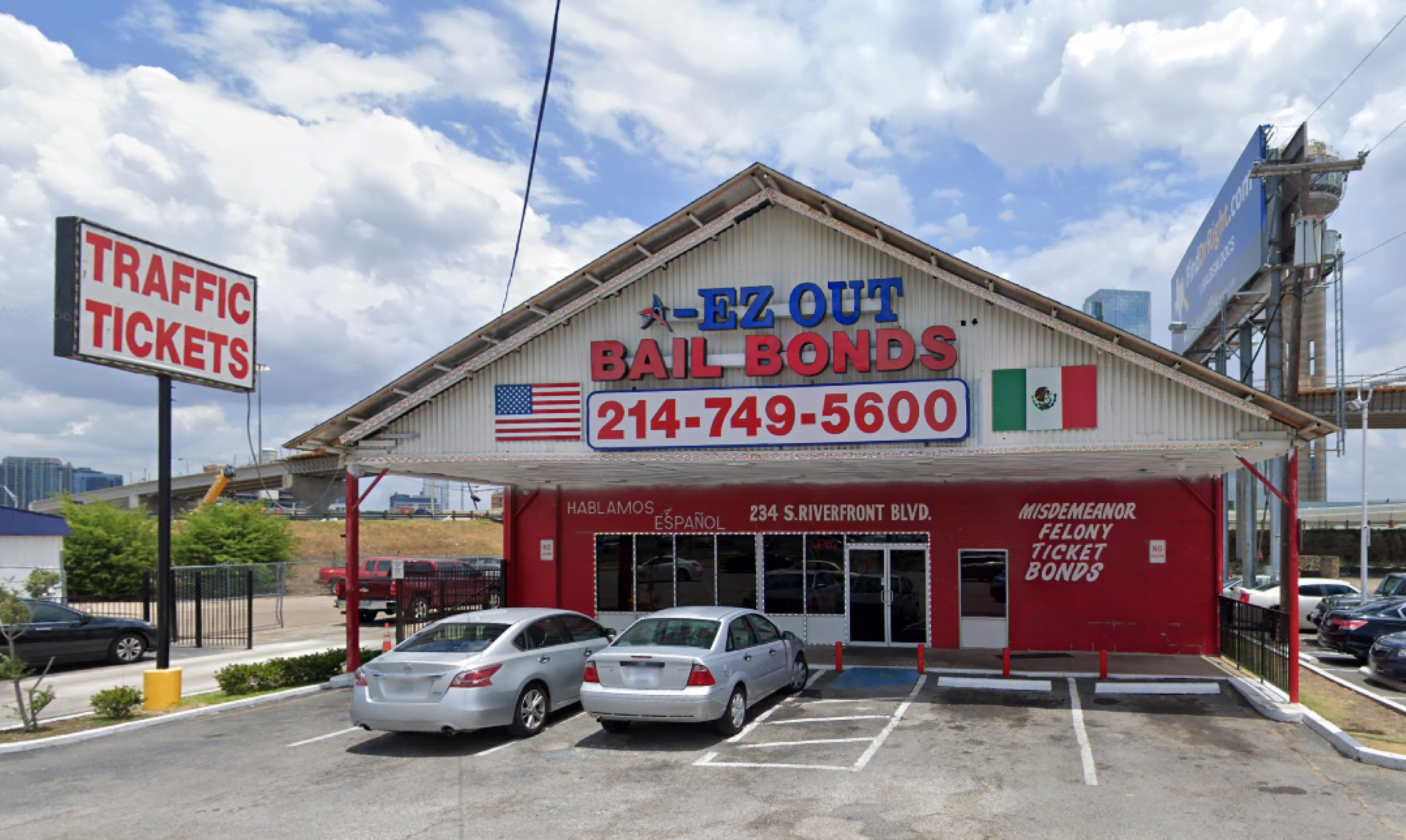Vital Tips for Selecting Bail Bonds Richland County for Your Instance
Vital Tips for Selecting Bail Bonds Richland County for Your Instance
Blog Article
The Duty of Bail Bonds in Making Sure a Fair and Effective Judicial Process
The duty of bail bonds in the judicial procedure is multifaceted, touching on issues of fairness, efficiency, and financial difference. While they give a critical mechanism for offenders to safeguard pretrial release, bail bonds also elevate vital inquiries regarding equal rights and justice. Just how do these monetary tools influence the legal rights of the implicated, and what are the more comprehensive ramifications for our lawful system? As we discover the legal structures and social factors to consider surrounding bail bonds, we have to additionally think about the ongoing difficulties and reform initiatives that intend to balance specific liberties with public safety and security.
Understanding the Bail System
Browsing the complexities of the bail system is essential for comprehending how individuals implicated of criminal activities are momentarily released from custodianship while waiting for trial. At its core, the bail system is made to guarantee that a charged person returns for court appearances while allowing them to preserve their every day life during the interim. The procedure starts as soon as an accused is billed and brought before a court, that identifies the bail quantity based upon variables such as the extent of the claimed infraction, the accused's criminal background, and potential trip risk.
Bail can take different forms, including cash money bonds, building bonds, and surety bonds. A cash money bond calls for the full bail total up to be paid upfront, which is refunded upon instance resolution. Building bonds include vowing substantial assets as security. Surety bonds, typically facilitated by bail bond representatives, permit offenders to pay a percent of the bail quantity, with the agent offering a financial guarantee to the court.

Lawful Structure and Rules
The legal structure and guidelines governing the bail system regularly play a crucial function in forming its application and justness. Secret regulations such as the Bail Reform Act establishes out guidelines that identify eligibility, problems, and aspects considered by courts when establishing bail (best bail bonds mansfield ohio).
Judicial discretion is an additional cornerstone of the bail procedure, empowering judges to assess the nuances of each situation. This discernment is guided by a series of statutory factors, consisting of the severity of the infraction, flight danger, and prospective risk to the neighborhood. In addition, laws frequently offer different sorts of bail, such as money bail, surety bonds, and launch on recognizance, each with unique needs and implications.
Furthermore, reforms in recent times have actually looked for to attend to systemic inequities, such as financial differences and racial biases, influencing bail choices (best bail bonds mansfield ohio). These reforms aim to improve the fairness of the judicial process, ensuring that the legal structure adapts to modern societal demands while keeping public safety and security and due procedure
Influence On Accuseds' Legal Rights
While the bail system is developed to make certain both the accused's look at trial and the safety of the neighborhood, it significantly impacts accuseds' rights, specifically when defalcated or affected by inequitable elements. At its core, the demand for bail can undermine the presumption of virtue, a fundamental concept of justice. Offenders that can not manage bail may deal with prolonged pretrial detention, which can lead to loss of family members, housing, and employment disturbance, consequently impacting their capability to install a reliable protection.
Additionally, the bail system can intensify existing inequalities. Those with limited funds may be persuaded into pleading guilty to minimal charges to expedite release, regardless of their actual sense of guilt or virtue. This dynamic raises concerns concerning the justness and integrity of the judicial process, as it might force people to decriminalize decisions based on financial restraints instead of the qualities of their case.
Furthermore, the mental impact of pretrial detention can harm a defendant's mental health and wellness and decision-making capacity, better infringing on their rights. The system's reliance on monetary bail frequently stops working to think about alternate steps, such as digital monitoring or area supervision, which might stabilize public security with promoting defendants' civil liberties.
Economic and Social Considerations

From a broader social perspective, the bail system adds to bigger societal inequalities. Areas with high rates of pretrial detention experience increased instability, as people that could otherwise add favorably to their neighborhoods discover themselves entangled in the justice system. This phenomenon can sustain cycles of special info poverty and criminal offense, undermining public safety and neighborhood communication.
Furthermore, the economic ramifications expand beyond private accuseds, as taxpayers pay of keeping chock-full apprehension facilities. This elevates inquiries concerning the allocation of public sources and the effectiveness of such expenditures in accomplishing justice - bail bonds richland county. Dealing with these financial and social factors to consider is vital for an extra fair judicial procedure that focuses on both fairness and performance in its procedures
Challenges and Reform Efforts
Navigating the obstacles of the bail system reveals a complex web of lawful, social, and economic issues that require extensive reform initiatives. At the heart of More Bonuses these obstacles is the disparity in how bail affects individuals based upon their financial condition. The present system commonly overmuch effects low-income defendants that are not able to pay for bail, leading to extended pretrial detention. This not just threatens the anticipation of innocence yet additionally adds to overcrowded jails and boosted taxpayer problems.
Reform initiatives are obtaining energy, with a focus on creating a more equitable system. Jurisdictions throughout the United States are discovering alternatives such as threat evaluation devices that review a defendant's possibility to fail or reoffend to show up in court. These devices aim to change money bail with non-monetary problems of launch. Additionally, some states are implementing legislative modifications to remove or limit cash bail for non-violent offenses.
However, these reforms are fulfilled with criticism and difficulties, especially worrying the precision and fairness of risk analyses and potential predispositions. Successful reform needs collaboration amongst policymakers, attorneys, and community stakeholders to guarantee that the changes advertise justice without compromising public safety.
Conclusion

Guaranty bonds, frequently facilitated by bail bond agents, allow accuseds to pay a portion of the bail quantity, with the agent giving a monetary assurance to the court.
Key legislation such as the Bail Reform Act establishes out guidelines that figure out eligibility, problems, and aspects thought about by courts when setting bail.
Furthermore, regulations often provide for various kinds of bail, such as cash bail, guaranty bonds, and release on recognizance, each with distinct requirements and ramifications.
While the bail system is developed to make sure both the accused's look at test and the safety and security of the area, it dramatically impacts accuseds' civil liberties, particularly when misapplied or influenced by inequitable elements.The bail bond system plays an essential role in balancing the judicial procedure by providing monetary systems that facilitate defendants' release while waiting for trial.
Report this page